For higher education institutions, online courses used to be a surefire way to increase student enrollment and remain relevant throughout change. As the Digital Age began, online courses were a great way for institutions to engage different types of potential students, students who might have otherwise not been interested in said institution. This proved especially true for non-traditional students looking to balance both work and education with personal matters. Those days are, however, long gone. Offering online courses isn’t a selling point anymore; it’s the bare minimum for any serious institution of higher education.
Many online education programs are failures across the board for many of their enrolled students. Whereas offering an online course might have been sufficient in the early 2000s, potential students today have many more options. Moreover, they likely don’t fully know what they seek in an online course. They will, however, know when their expectations have not been met. A poor experience with one online course will likely have ramifications for the student’s entire vision of the institution, not just the course, instructor, or department. Merely offering some online courses is not a viable option anymore; the courses offered need to meet some standards for the students in question.
Instructional Connections has identified several everyday demands prospective students bring to their online courses and has compiled those requirements for your review. By integrating these into your methodology, your institution of higher education can dramatically improve your student experience and take your online education to the next level.
Timely Communication
Life happens, and delays will occur. Students appreciate this fact when interfacing with their course instructors. However, unnecessary delays in instructor responses to queries or routine class questions can be grating for even the most patient student. Unfortunately, too many instructors are bogged down and juggling too much, often making timely communication impossible.
Support
Proper support for online students can mean a variety of different things. Library resources and tutors can be helpful here. However, many potential students expect more significant support from instructors, class TAs, and other professionals than the course can provide. Things like open office hours and hosted study sessions might not fit into the week-to-week of your instructors, but they likely would be helpful to your online students.
A Positive Technology Experience
Nothing is worse for an online student than feeling as if their education was impacted negatively by the decision to enroll in an online course. Unfortunately, tech malfunctions are all too common in online classes. These can stem from Wifi and technology issues, but many technical challenges can be caused by the additional administrative work needed to maintain an online course. Timely posting of content, clear instructions on a digital assignment, and as few technical challenges as possible are paramount to the student experience. However, low faculty bandwidth often prevents online courses from running smoothly.
Assessment
Potential online students want to do more than merely show they memorized the required information. They want to show mastery and talent more meaningfully and frequently. More high-stakes and application-based assessments are great practice for any institution of higher education, but they are handy for online courses. Faculty and course designers must consider this when designing assessments for online programs.
Enter Instructional Connections
Maintaining a positive student experience in online courses is critical, but it’s often easier said than done for many higher education institutions. Faculty burnout and workload are two challenges that institutions need to address to ensure the best possible student experience.
Enter instructional Connections. Our Academic Coaches and Virtual Teaching Assistants are your institution’s way to improve your online course experience and keep online students enrolled and successful. Our process is simple. We provide an Academic Coach with the requisite expertise in the field to assist your instructors.
All our Academic Coaches have Masters in their study area, which lets them quickly relieve your instructor of routine tasks. Elements like posting content, answering routine questions, completing administrative tasks, and grading assessments can quickly move off of your instructor to their Academic Coach. This allows your faculty to focus on higher-level strategic initiatives and add value to the student experience. This model of online educational support services reduces faculty burnout, frees up instructor time, and improves the overall student experience, oftentimes at 20% less instructional delivery costs.
Call now to schedule your free consultation and learn how our Academic Coaches and Virtual Teaching Assistants can help your institution!


